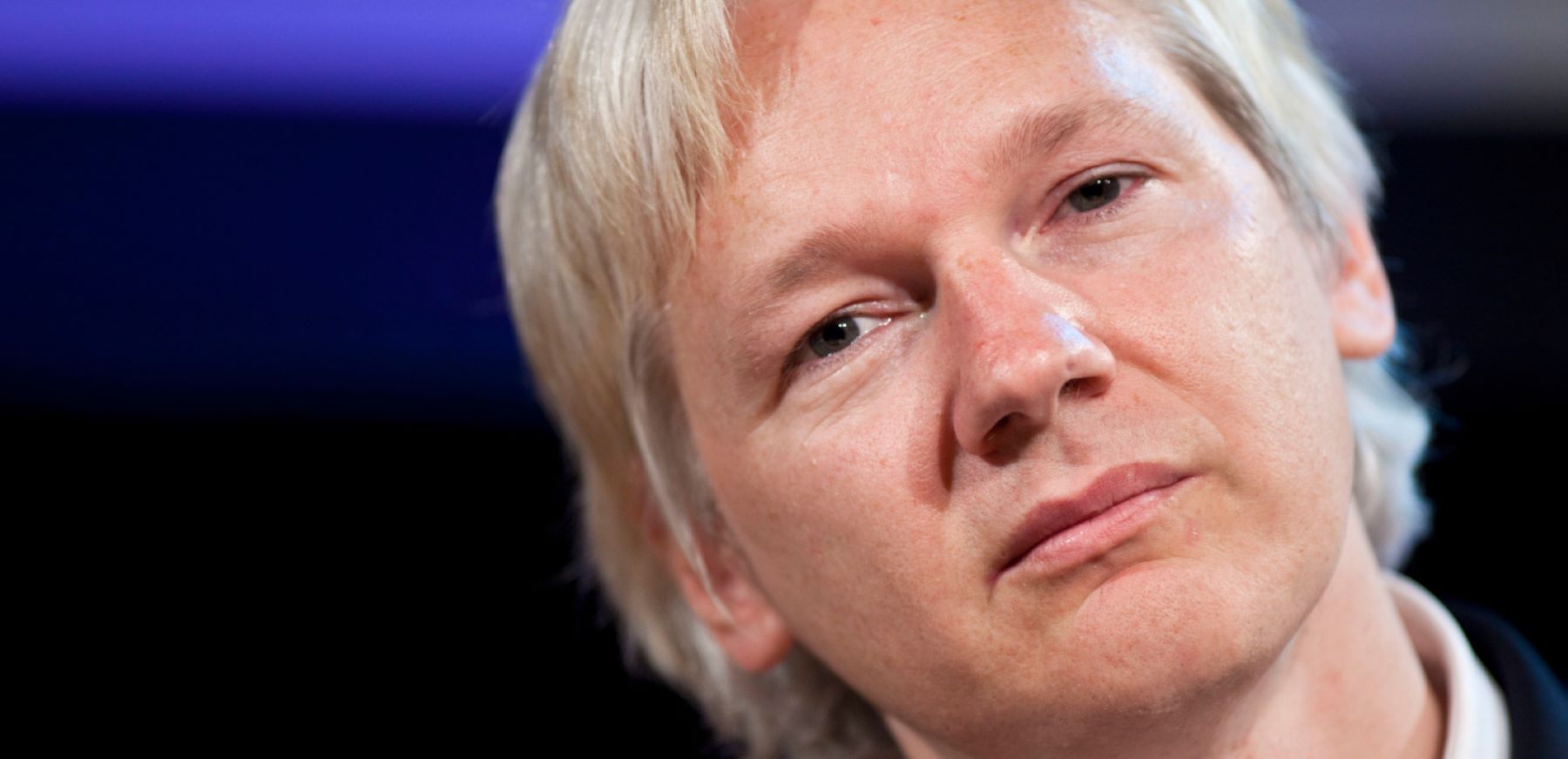In advance of Julian Assange’s next hearing in the UK courts ahead of his possible extradition to the US, Amnesty International reiterates concerns that Assange faces the risk of serious human rights violations if extradited and warns of a profound ‘chilling effect’ on global media freedom.
“The risk to publishers and investigative journalists around the world hangs in the balance. Should Julian Assange be sent to the US and prosecuted there, global media freedoms will be on trial, too,” said Julia Hall, Amnesty International’s expert on counter-terrorism and criminal justice in Europe.
The US must drop the charges under the espionage act against Assange and bring an end to his arbitrary detention in the UK
Julia Hall, Amnesty International’s expert on counter-terrorism and criminal justice in Europe
“Assange will suffer personally from these politically-motivated charges and the worldwide media community will be on notice that they too are not safe. The public’s right to information about what their governments are doing in their name will be profoundly undermined. The US must drop the charges under the espionage act against Assange and bring an end to his arbitrary detention in the UK.”
If Julian Assange loses the permission to appeal, he will be at risk of extradition to the US and prosecution under the Espionage Act of 1917, a wartime law never intended to target the legitimate work of publishers and journalists. He could face up to 175 years in jail. On the less serious charge of computer fraud, he could receive a maximum of five years.
Assange would also be at high risk of prolonged solitary confinement in a maximum security prison. Although the US has offered ‘diplomatic assurances’ to the UK, allegedly guaranteeing his safety if imprisoned, the authorities’ assurances include so many caveats that they cannot be considered reliable.
“The US assurances cannot be trusted. Dubious assurances that he will be treated well in a US prison ring hollow considering that Assange potentially faces dozens of years of incarceration in a system well known for its abuses, including prolonged solitary confinement and poor health services for inmates. The US simply cannot guarantee his safety and well-being as it has also failed to do for the hundreds of thousands of people currently imprisoned in the US,” said Julia Hall.
Potential extradition of is a worldwide threat to media freedom
If Julian Assange is extradited, it will establish a dangerous precedent wherein the US government could target for extradition publishers and journalists around the world. Other countries could take the US example and follow suit.
“Julian Assange’s publication of documents disclosed to him by sources as part of his work with Wikileaks mirrors the work of investigative journalists. They routinely perform the activities outlined in the indictment: speaking with confidential sources, seeking clarification or additional documentation, and receiving and disseminating official and sometimes classified information,” said Julia Hall.
News and publishing outlets often and rightfully publish classified information to inform on matters of utmost public importance. Publishing information that is in the public interest is a cornerstone of media freedom. It’s also protected under international human rights law and should not be criminalized.
“The US’ efforts to intimidate and silence investigative journalists for uncovering governmental misconduct, such as revealing war crimes or other breaches of international law, must be stopped in its tracks.
“Sources such as legitimate whistle blowers who expose governmental wrongdoing to journalists and publishers must also be free to share information in the public interest. They will be far more reluctant to do so if Julian Assange is prosecuted for engaging in legitimate publishing work.
It’s not just Julian Assange in the dock. Silence Assange and others will be gagged.
Julia Hall
“This is a test for the US and UK authorities on their commitment to the fundamental tenets of media freedom that underpin the rights to freedom of expression and the public’s right to information. It’s not just Julian Assange in the dock. Silence Assange and others will be gagged,” said Julia Hall.
Further background on Julian Assange’s upcoming hearing
The High Court in the UK has confirmed a two-day hearing on 20 and 21 February 2024. The outcome will determine whether Julian Assange will have further opportunities to argue his case before the UK courts or if he will have exhausted all appeals in the UK, leading to the extradition process or an application to the European Court of Human Rights.
Top image: Julian Assange, editor in chief of WikiLeaks attends the Hay Festival on June 4, 2011 in Hay-on-Wye, Wales. (Photo by David Levenson/Getty Images)






















